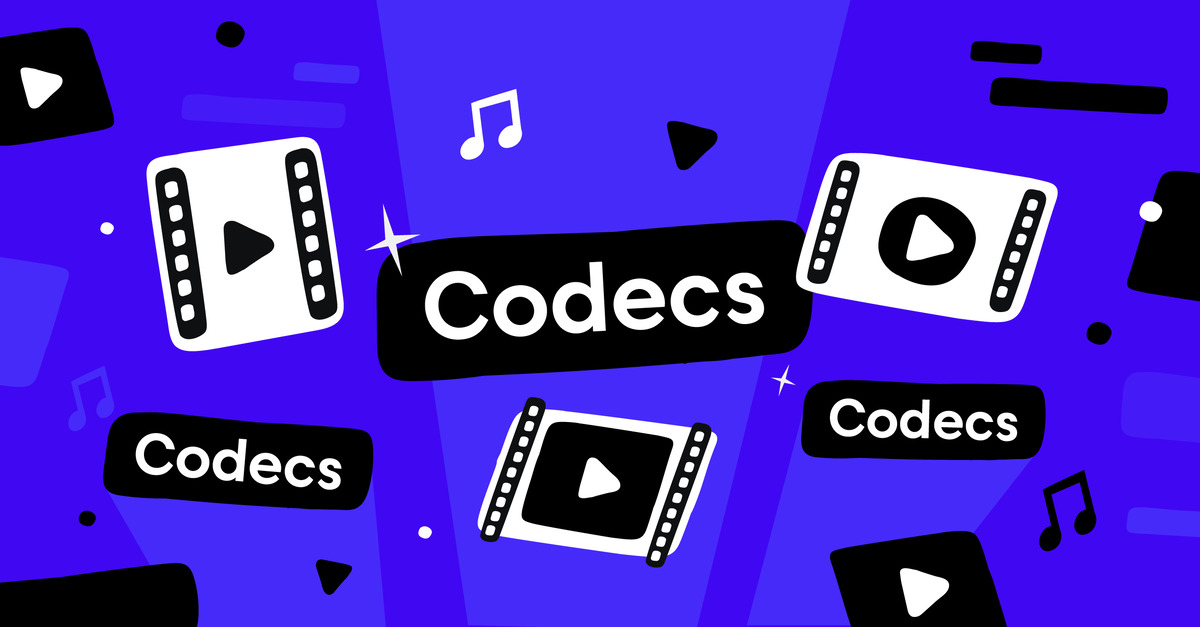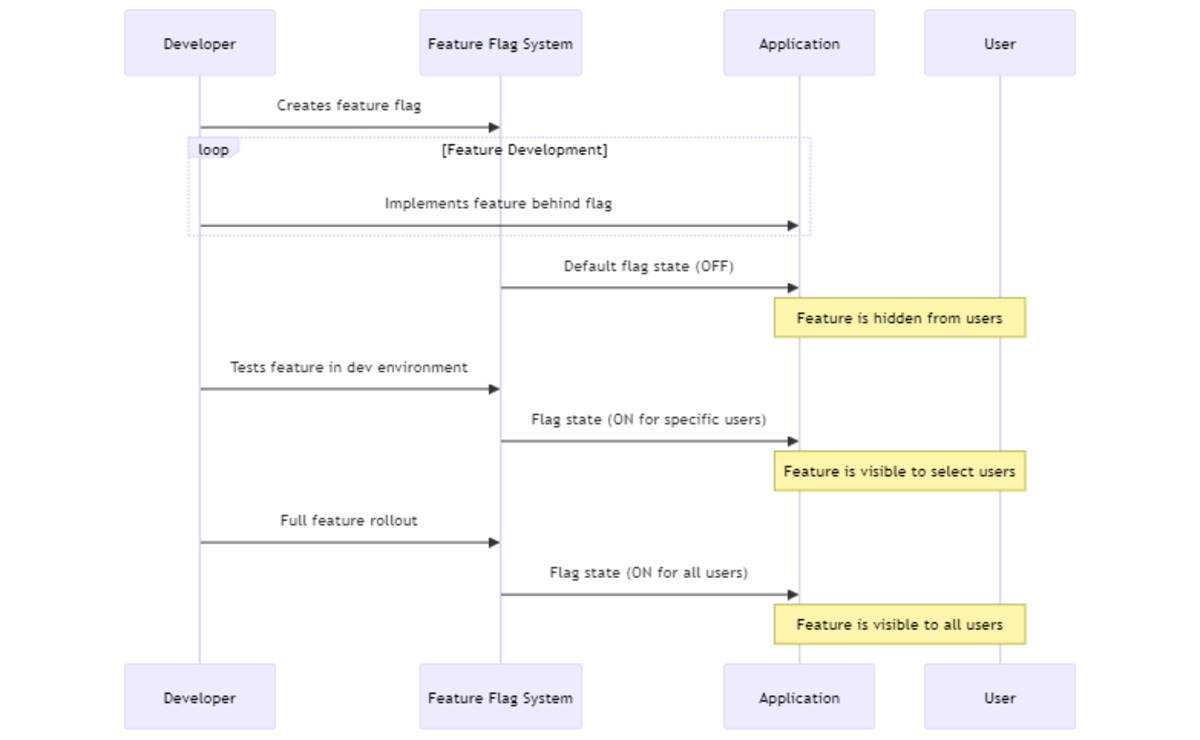Audio Codecs in Digital Media
Audio Codecs in Digital Media, which intend compression-decompression algorithms, are critical in the digital media industry. They play an important role in compressing audio files and keep quality, required for efficient storage and transfer. Audio Codecs in Digital Media provide various applications across sectors, from high-quality music streaming to pay off voice communications and engaging gaming experiences. Understanding their complexities is crucial for realizing an entire potential of digital media, maintaining peak performance, and providing seamless audio experiences to audiences globally.
What is an Audio Codec?
The Audio Codecs in Digital Media, where “codec” is known as coder-decoder, is an important component in the core of digital audio. An audio codec is really a software or hardware system that compresses and decompresses digital audio data. This compression-decompression technique is needed for efficiently storing and delivering audio files while keeping quality.
Components of an Audio Codec:
An Audio Codecs in Digital Media normally is made up of two main components: the encoder additionally,the decoder. The encoder examines the audio signal, discovers redundancies, and uses compression an approach to reduce file size. The decoder, having said that, reverses the method by reconstructing compressed data in a playable or transmittable format.
Types of Audio Codecs:
Audio codecs are classified into several categories, each having unique properties and applications.
- Lossy Codecs: These codecs achieve compression by eliminating audio data that is definitely deemed less crucial to human perception. MP3, AAC, and Ogg Vorbis are popular examples. While they significantly reduce file size, they will often contribute to modest quality degradation, especially at lower bit rates.
- Lossless Codecs: Unlike lossy codecs, lossless codecs reduce audio data while keeping its quality. They normally use compression algorithms that maintain the entire original audio information. Notable examples are FLAC (Free Lossless Audio Codec) and ALAC (Apple Lossless Audio Codec), that is preferred in situations when audio fidelity is critical.
- Uncompressed Codecs: As you would have it, uncompressed codecs preserve audio data in the original, uncompressed state. While they provide excellent audio quality, they contribute to greater file sizes, leading them to be unsuitable for storage and transmission in bandwidth-constrained contexts.
Learning the differences between different audio codec types enables content creators, producers, and consumers to bring about informed selections dependent on their demands and goals in digital audio processing and dissemination.
How Audio Codecs Work
Audio Codecs in Digital Media employ sophisticated compression techniques to relief how big digital audio files while preserving essential audio quality. Focusing on how these compression methods work and the factors influencing codec choice is vital for optimizing audio delivery across various digital media platforms.
Compression Techniques Used in Audio Codecs:
Audio Codecs in Digital Media utilize two primary compression techniques: lossy and lossless compression.
- Lossy compression involves discarding non-essential audio information to significantly reduce file size. This entails analyzing the audio signal and eliminating frequencies and features which are not discernible to the human ear. Perceptual coding, psychoacoustic modeling, and bit-rate reduction utilized reduce data while keeping high perceived audio quality.
- Lossless Compression: Lossless codecs compress audio data without discarding any information, guaranteeing that quality is maintained throughout compression and decompression. These codecs use algorithms for example predictive coding and entropy encoding to relief duplication in audio signals while retaining fidelity to the initial waveform. Therefore, lossless compression produces higher file sizes than lossy compression while keeping audio integrity.
Comparison Between Lossy and Lossless Compression:
The application’s requirements and priorities evaluate if lossy or lossless compression is used.
Lossy compression is ideal for scenarios requiring large file size reduction, for example streaming services, online platforms, and portable devices. Lossy codecs provide effective compression while keeping acceptable audio quality, leading them to be just the thing for applications with limited storage or bandwidth. Lossless compression is preferred in applications where audio integrity is crucial, for example professional audio production, archival storage, and audiophile listening conditions. Lossless codecs preserve every detail of the initial audio, albeit with larger file sizes than lossy codecs.
Factors Influencing the Choice of Audio Codec
Several factors influence the selection of an Audio Codecs in Digital Media for a certain application:
- Audio Quality: The required level of audio fidelity and perceptible quality loss tolerance play an essential role in codec selection. Applications requiring high-fidelity audio typically decide on lossless codecs.
- File Size and Bitrate: Considerations regarding storage capacity, bandwidth availability, and data speed influence old-fashioned between lossy and lossless codecs. Lossy codecs offer smaller file sizes and lower bitrates, leading them to be worthwhile for efficient storage and streaming.
- Compatibility and Platform Support: Compatibility with playback devices, os’s, and streaming platforms is crucial. Purchasing a widely supported codec ensures seamless playback and accessibility across various devices and platforms.
- Encoding and Decoding Efficiency: The efficiency from the codec’s compression and decompression processes impacts resource utilization and playback performance. Efficient codecs minimize computational overhead and be sure smooth audio playback.
- Use Case and Industry Standards: Adherence to industry standards, regulatory requirements, and compatibility with existing workflows and technologies are considerations for selecting a good audio codec.
Impact of Audio Codecs on Digital Media
Influence of Audio Codecs on File Size and Quality:
Audio Codecs in Digital Media have a direct impact on how big digital audio files and the caliber of audio playback. Lossy codecs lower file sizes greatly by removing unnecessary audio data, leading them to be just the thing for efficient storage and streaming. However, this compression could cause a clear decrease in audio quality, especially at lower bit rates. Lossless codecs, having said that, preserve audio fidelity by retaining all original audio information, resulting in greater file sizes while still producing high-quality music.
Role of Audio Codecs in Streaming Services, Music Production, Gaming, etc.:
Audio Codecs in Digital Media play an important role in a good many digital media domains:
Streaming Services: Lossy codecs such as AAC and MP3 are widely utilised in streaming platforms to efficiently provide compressed audio streams throughout the internet. These codecs create an account balance between smaller file sizes and adequate audio quality, allowing users have fun in seamless streaming experiences.
Lossless codecs, for example FLAC and ALAC, are accustomed in music production settings that requirement high audio fidelity. These codecs preserve the intricacies of musical compositions while keeping quality, leading them to be worthwhile for audiophiles and professional musicians.
Gaming: Audio Codecs in Digital Media enhance immersive gaming experiences by compressing and transmitting in-game audio with low latency. Real-time audio compression techniques provide high-quality audio rendering during gameplay, which improves the total gaming experience and immersion.
Conclusion
In summary, Audio Codecs in Digital Media are indispensable tools in digital media, influencing file sizes, audio quality, and user experiences. Learning the nuances between lossy and lossless compression, considering specific needs when shopping for codecs, and recognizing their roles in streaming, music production, and gaming are essential. By harnessing the effectiveness of audio codecs effectively, digital media professionals can deliver immersive and high-quality audio experiences with their audiences.








